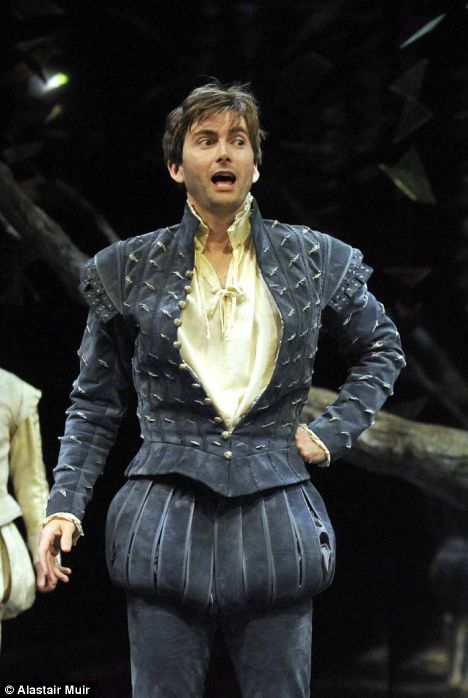EPISODE 24 FEATURES RICHARD DENNISS
Do you suffer from affluenza? This week’s guest, has the cure.
Richard Denniss is an Australian economist and the author of Curing Affluenza, in which he argues that there’s nothing inevitable about our current mode of consuming and producing.
Affluenza is that strange desire we feel to spend money we don’t have to buy things we don’t need to impress people we don’t know . . .
A truly modern affliction, affluenza is endemic in Western societies, encouraged by those who profit from a culture of exploitation and waste. So how do we cure ourselves?
"In this sparkling book of ideas, Richard Denniss shows we must distinguish between consumerism, the love of buying things, which is undeniably harmful to us and the planet, and materialism, the love of things, which can in fact be beneficial. We should cherish the things we own – preserve them, repair them, and then gift or sell them when we no longer need them. We must foster new ways of thinking and acting that do not squander limited resources, and which support the things we value most: vibrant communities and rich experiences."
We’ve lost sight of true value and true cost of many of the things that we buy. In this Episode we explore what led us here, and how the future could be about experiences rather than stuff. We ask, What’s the difference between materialism and consumerism? Do we need to reshape the economy? And, of course, what role does fashion have to play.
About Richard...
Richard Denniss is chief economist of the Australia Institute and the author of Econobabble. He writes for the Monthly, the Canberra Times and the Australian Financial Review. In 2005, after noticing that "our houses are bigger than ever, but our families are smaller. We've got more money to spend yet we're further in debt than ever before. The Western world is in the grip of a consumption binge that is unique in human history," he co-write the book Affluenza with Clive Hamilton .
He also presents THE LUCKY COUNTRY podcast.
“The vast majority of humans who have ever lived (and the majority of humans alive today) would find the idea of using our scarce resources to produce things that are designed to be thrown away absolutely mad,” - Richard Denniss
WHAT WE TALK ABOUT...
The difference between consumerism and materialism. Richard defines consumerism as "the love of buying things. For some, that means the thrill of hunting for a bargain. For others, it is the quest for the new or the unique. And for others still it is that moment when the shop assistant hands them their new purchase, beautifully wrapped, with a bow, just as though it’s a present." But, he says, "the love of buying things can, by definition, provide only a transient sense of satisfaction." It's "inevitably short-lived". Materialism, on the other hand, he defines as "the love of the things themselves". If we loved our things more, we'd be less likely to throw them away. You can read more on this, in this extract which ran in The Guardian.
Richard calls himself a "cynical optimist". Might you be one too?
MARIE KONDO is the Japanese tidying expert and author who popularised the idea that we should not hold onto our stuff unless it "sparks joy" when we hold it close to us. With what began as a childhood interest in organizing, Marie Kondo started her organizing consultant business as a 19-year-old university student living in Tokyo to help people transform their cluttered homes into spaces of serenity and inspiration.
Richard admits he would have quite liked a piano key tie in the 1980s...
A doublet is man's snug-fitting buttoned jacket shaped and fitted to the body which was worn in Spain and was spread to Western Europe from the late Middle Ages up to the mid-17th century. Hose were laced to the doublet by means of ties attached to the doublet skirts. According to Wikipedia, "Hose are any of various styles of men's clothing for the legs and lower body, worn from the Middle Ages through the 17th century, when the term fell out of use in favour of breeches and stockings." CALL A SPADE A SPADE... Hose were men's tights. Doublet skirts was basically a puffball mini. Here's David Tennant playing Hamlet at the RSC in a fine example.
THANK YOU FOR JOINING THE WARDROBE CRISIS CONVERSATION. WE'LL HAVE A NEW EPISODE FOR YOU EVERY WEDNESDAY. CAN YOU HELP US SPREAD THE WORD? WE'D LOVE YOU TO TELL YOUR FRIENDS & LEAVE A REVIEW.
Until next time,
Clare x






